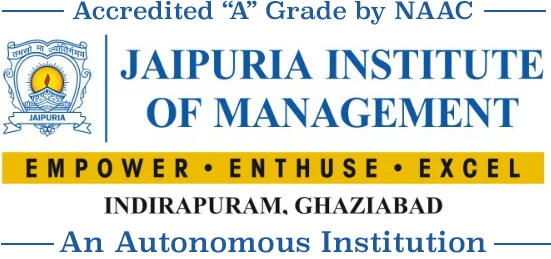India has travelled a long journey in terms of Industrial Revolution as it has moved from Industry 1.0 to Industry 4.0.But yes some of the readers as most of them are my students might be thinking of what is Industry 1.0 and 4.0.Well ,Industry 1.0 was the first phase of Industrial Revolution and was characterized by machines powdered by water and steam. The second phase, Industry 2.0 illuminated with the power of electricity, resulted into mass production and assembly lines. The third phase, Industry 3.0 was characterized by electronics, transistors, ICs and computers. Industry 4.0, the fourth phase of Industrial Revolution in the 21st century, includes advanced data analytics, robotics, automation, IOT, Big data. We are actually talking about SMART Factories when we say Industry 4.0. If India wants to be competitive in the world economy then the road goes through Industry 4.0 as it not only brings savings in terms of short production cycles, better productivity, reduced lead times, realistic forecasting but results in improved products, efficient processes and better supply chain.
Our government has fully realized the tremendous potential of Industry 4.0 and that is the reason those heavy industries and public enterprise ministry is supporting setting up of 4 centers to help SMEs implement Industry 4.0 (source: The Economic Times, March 09, 2018). Apart from this, the First smart factory of the country is being set up at IISC, Bangalore which will be funded by Boeing. How does a Smart Factory work? As we know that there are 5 M’s of Operations Management namely man, machine, material, money and method. If all these are managed in an efficient and effective way then only optimality can be achieved. To manage them they should be continuously monitored and data should be collected and analysed properly and minutely so that a proactive action can be taken. In a smart factory, all this is done diligently and is possible through various sensors which continuously monitor all men, machinery, methods and material. These sensors are smart enough to decide when a particular man needs rest or when a particular machine needs replacement. They even know the kind of weather, climate and atmosphere required for particular operations. If these sensors find any kind of discrepancies then corrective actions are taken. In short, the factory is self aware and fully independent.

Dr. Anubha
Associate Professor
Jaipuria Institute of Management, Indirapuram, Ghaziabad




